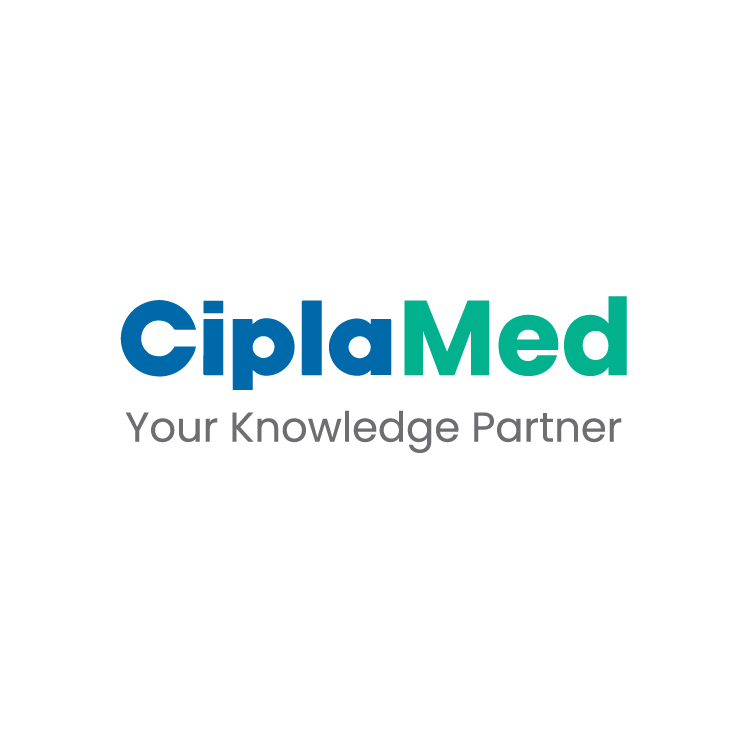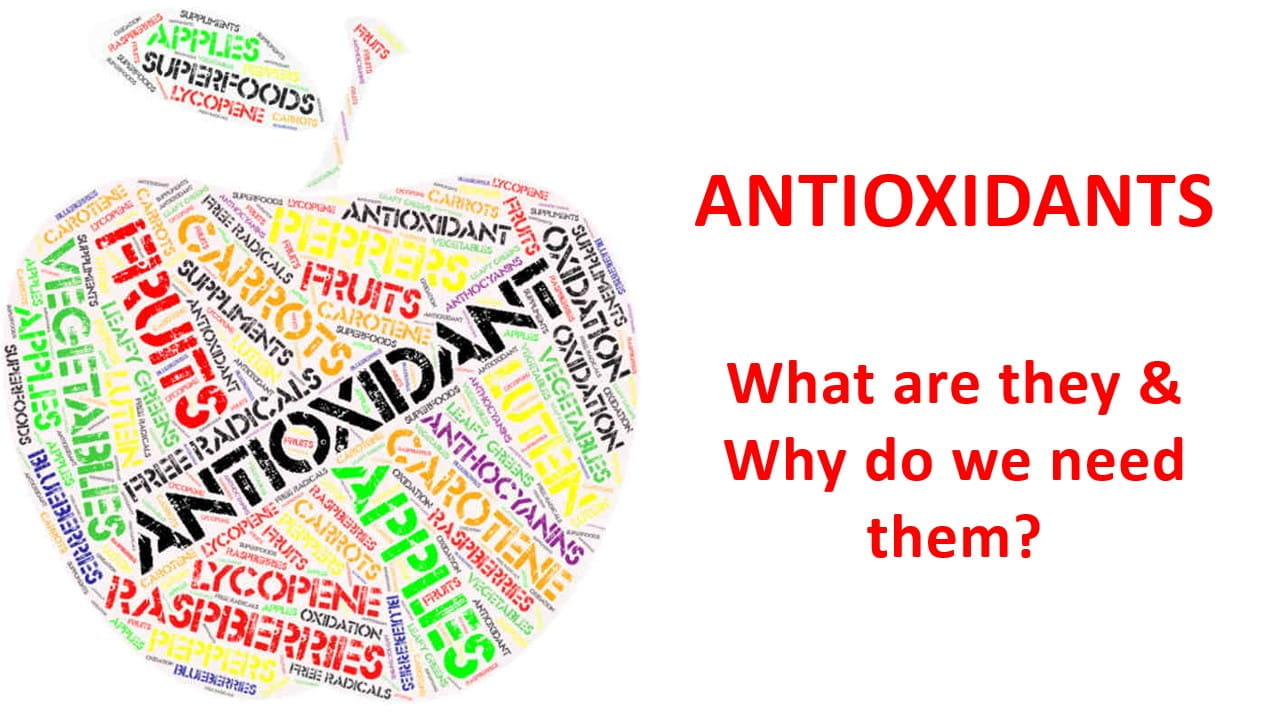ESHRE 2023: Evidence-Based Guidelines in Unexplained Infertility
Unexplained infertility: diagnosis by exclusion - Dr Daniela Romualdi
The GDG defines unexplained infertility as follows- Infertility in couples with adequate coital frequency, composed by a female partner aged <40 years with apparently normal ovarian function, fallopian tubes, uterus, cervix and pelvis, and a male partner with apparently normal testicular function, genito-urinary anatomy and a normal ejaculate. As per the ICMART definition of infertility, couples should have at least 12 months of regular, unprotected sexual intercourse before investigations are initiated. The inaccuracy of the diagnosis of unexplained infertility increases as women’s age increases. The GDG recommends routinely taking a medical, reproductive abd sexual history from both the male and female partner. In women with regular menstrual cycles, tests for confirmation of ovulation are not routinely recommended. The GDG considers a regular menstrual cycle to be 24 to 38 days, up to 8 days in duration and shortest to longest cycle variation of less than 7 to 9 days. In women with regular menstrual cycles, it is suggested not to routinely measure mid luteal serum progesterone levels. There are no studies conclusively documenting a minimum mid luteal serum progesterone level required for the occurrence of spontaneous pregnancy. Ovarian reserve is not predictive of spontaneous conception over the subsequent 6-12 months. As long as they maintain regular menstrual cycles, women with decreased ovarian reserve seem to have a similar spontaneous pregnancy rate with women of similar age who have normal ovarian reserve. In patients at high risk for tubal abnormality, visual demonstration of tubal potency is necessary. HSG and HyCoSy are comparable in diagnostic, thus selection of the technique depends on the preference of the clinician and the patient. Laparoscopy should be reserved for women with an abnormal HSG or those at risk for tubo-peritoneal disease due to a history of PID, previous ectopic pregnancy or clinically suspected or known endometriosis. Ultrasound, preferably 3D, is recommended to exclude uterine anomalies in women with unexplained infertility. If ultrasound assessment of uterine cavity is normal, no further evaluation is needed. The GDG recommends at least one basic semen examination, according to WHO criteria, performed by a laboratory which subscribes to an external quality control programme. If the result from basic semen analysis is below the lower 5th percentile reference limit as per WHO criteria, a second analysis should be performed after a 3 month interval. Testicular imaging is not recommended when semen analysis is normal. Additional tests like testing anti sperm antibodies, sperm DNA fragmentation, sperm chromatin condensation, serum hormone testing, microbiology testing and HPV testing of semen is not recommended when semen analysis according to WHO criteria is normal. Additional tests for systemic conditions like thyroid hormone, auto-immunity, thrombophilia, genetic tests and oxidation stress are recommended for unexplained infertility.
Treatment of unexplained infertility: IUI for all? - Siladitya Bhattacharya
Intrauterine insemination (IUI) with ovarian stimulation is recommended as a first-line treatment for couples with unexplained infertility. The GDG advises to base the decision to start active treatment on prognosis in couples with unexplained infertility. To avoid multiple pregnancies and OHSS, care is needed by using gonadotropin treatment only in a low dose regimen with adequate monitoring. IVF is probably not recommended over IUI with ovarian stimulation and it is expected that the decision to use IVF is individualized by the patient characteristics such as age and duration of infertility. Unexplained infertility is not sterility and the chance of conception changes over time. ICSI is not recommended over conventional IVF in couples with infertility. Hysteroscopy for the detection and possible correction of intrauterine abnormalities not seen at routine imaging is not recommended. HSG with an oil soluble contrast medium is preferable over a water soluble contrast medium. Endometrial scratching should not be offered for unexplained infertility and if incidentally minimal to mild endometriosis is found at laparoscopy, this is not further considered UI by the GDG. Adjunct oral antioxidant therapy to women or men undergoing fertility treatment is probably not recommended. Acupuncture in women is probably not recommended. Psychological support, including psychotherapy, is recommended for patients when needed. A healthy diet and regular exercise supported by behavioral therapy when necessary are recommended. Further studies are needed in specific areas for more conclusive evidence to support the prognosis based approach.
39th annual meeting of European society of human reproduction and embryology (ESHRE), Copenhagen, 25-28 June, 2023



